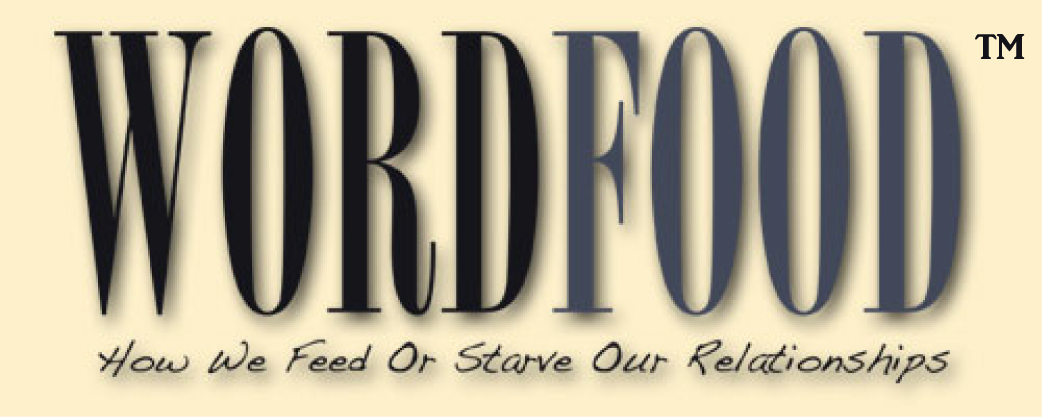The wonderful thing about technology is that it’s instantaneous. The terrible thing about technology is that it’s instantaneous.
Have you ever received an email, a text, a tweet or a voicemail that set you off? And then you fired off an angry response, hit the Send button and, moments later, realized what you’d done and felt instant remorse?
That message was already off in the ether, bouncing around like an angry bowling ball, doing its damage. We can’t take it back. And it’s part of our permanent legacy.
Ouch.
A few weeks ago I received an email in my inbox from a competitor announcing a webinar they were doing for a client that I had been working on for a long time. I had a lot of feelings about that email, and I whipped off a note to my client that said, in effect, glad to see you’re working with this supplier, they’re good people. However, my bruised ego slipped in a sentence that clearly let it be known I wasn’t happy about not being chosen as their supplier.
A few minutes later I got a terse email from my client that said they weren’t, in fact using this supplier and that the webinar was free. Uh-oh. My client was clearly in the office and I made a call right away.
It turned out to be a good idea. She was writing me an angry response. She was insulted and offended by my email, and I had some serious cleaning up to do. I had to apologize for my tone and my poor WordFood. It took some explaining but we got through it. Now whether I’ve lost this multi-billion dollar client because of a bone-headed stunt on my part remains to be seen. The sad part about this is that this client has been one of my biggest supporters, and with one badly worded email I hurt our relationship- and it happens just that fast.
In our fast-paced, do it now world where we so often feel compelled to respond immediately to everything that we receive on our devices, it becomes easier and easier to make this kind of mistake. Our emotions are swift as lightning and they inform what we write. If we’re whipping out a text while we’re walking down the street we’re not likely to be thinking carefully about content and impact. An email isn’t going to be saved to be rewritten later before it’s sent out, like mine should have been. We end up sending out toxic WordFood without realizing it and it can have devastating effects personally and professionally.
If there is a remedy to this, it’s to install an internal regulator or questioning system that automatically puts forth the challenge “How would I feel if I got this message?” Some kind of discipline that asks us to take a breath before we overreact to something we’ve received. In the moment, we may be feeling righteous, but with time and information that indignation often goes away.
Before you fire off an angry response, keep in mind a few key things:
- chances are you may not know the whole story
- without context it’s easy to read emotions into the words that may be inaccurate
- re-reading the same message an hour later may give you an entirely different viewpoint
- doing a little research could provide you with everything you need to know the whole picture
My email may have simply cost me some embarrassment, and it was a good lesson in keeping my ego in check and being sensitive to my client. The more sophisticated our devices become, the swifter the communications, the more vigilant we need to be in reining in our lightning fast emotional responses to the messages we receive.

